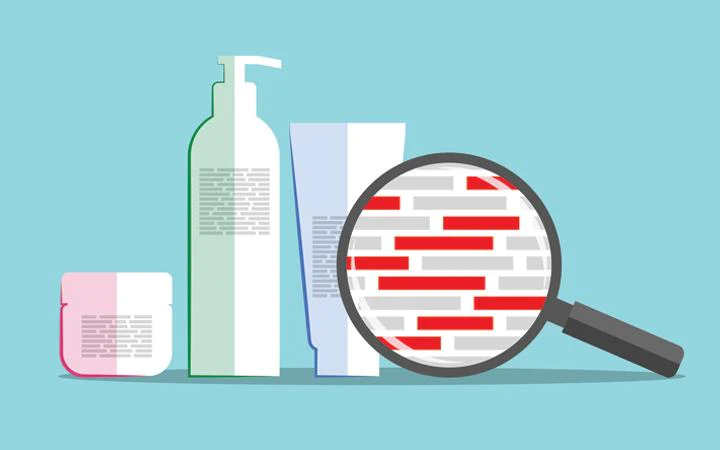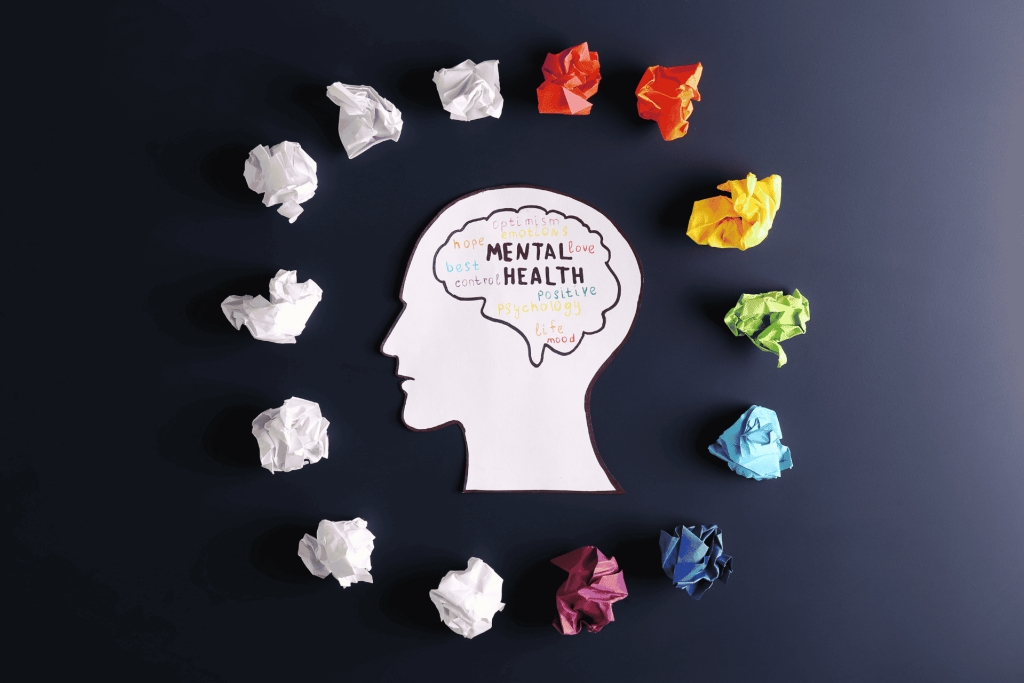There’s a lot more to being healthy than eating well and exercising. Sure, these two pillars are important, but there are other areas that can’t be ignored if we really want to prevent illness, slow down the process of aging, and extend our lives and make sure we have quality of life.
The best way to look at your health is to think along the lines of optimizing it – that means making sure every aspect of your life is fine-tuned to function at the highest level. So, what does health optimization look like in practice?
Here are some of the often-neglected aspects that will help you improve your overall health and well-being:
Contents
1. Tracking and Monitoring
Source: today.com
When it comes to being healthy, you can’t improve or work on what you don’t measure, so it’s also important to have some sort of regular monitoring practice in place. There are many ways you can do this.
1. Getting your blood work done regularly is an important part of maintaining good health and knowing how well your body is responding to the different practices. Blood tests can help detect a wide range of health conditions, including anemia, diabetes, and liver and kidney problems. They can also help monitor the effectiveness of medications and identify any nutrient deficiencies. In addition, getting your bloodwork done regularly can help catch any potential health issues early on, allowing for timely treatment and management.
It is important to follow your healthcare provider’s recommendations for how often to get bloodwork done, as the frequency may vary based on your age, health history, and other factors. By following these tips and making lifestyle changes as needed, you can work towards optimizing your health and well-being. You need to be partnered with a healthcare professional who can bring you a wider range of tracking and monitoring. According to Daiya Healthcare, “to truly achieve wellness and health, it has to be a holistic process and the medical support you get has to cover all aspects of it.”
2. Fitness trackers can be a useful tool for helping you track and improve your physical activity and overall health. These devices can help you monitor your daily steps, distance traveled, and other metrics related to your physical activity. They can also often track other health-related data, such as heart rate, sleep patterns, and calorie intake. By using a fitness tracker, you can set and track progress towards specific fitness goals and get an overall picture of your physical activity levels. In addition, some fitness trackers offer features such as personalized workout plans and the ability to connect with friends for added motivation. Overall, a fitness tracker can be a valuable tool for helping you maintain an active and healthy lifestyle.
2. Sleep

Source: freepik.com
Sleep is actually one of the most important pillars of health, but people often overlook and neglect it. The truth is, you can eat the healthiest meals and spend hours in the gym, but if your sleep is out of whack, there’s really no point. Sleep affects everything – when we don’t sleep well, it governs the food choices we make, the energy we have to exercise, and it also impacts our cognitive function. When we make sleep hygiene a priority it improves every area of our lives. Countless studies have shown that a lack of sleep wreaks havoc on your life. Sleep issues have been linked to depression, high blood pressure, obesity and many other ailments. The truth is, people just can’t function on very little sleep, so make it a point to make sleep a central part of your wellness regimen.
3. Light

Source: womenshealthmag.com
Just like sleep, light has a huge effect on our overall health, but we don’t focus enough on it. In this modern age, we’re exposed to a lot of blue light, and it’s not always the healthiest for us. Blue light is a type of light that is emitted by screens on electronic devices such as smartphones, tablets, and computers. Excessive exposure to blue light has been linked to a number of negative health effects, including sleep disruption, eye strain, and an increased risk of certain types of cancer.
Limiting exposure to blue light is important for maintaining overall health and well-being. One way to limit blue light exposure is to use screens with blue light filters or to use blue light-blocking glasses. Additionally, it is important to take breaks from screens and to avoid using electronic devices before bedtime to help ensure that blue light does not interfere with sleep. It’s also important to get exposure to natural light as often as you can through practices like sun gazing. Remember: the sun has a lot of healing benefits that don’t just impact your mental health, but your physical health as well.
4. Toxicity

Source: skinkraft.com
Limiting your contact with toxic materials is an important aspect of maintaining good health. Toxic materials can come in many forms, such as chemicals in household products, air pollution, or certain types of food. Exposure to these materials can have negative effects on your health, ranging from minor irritation to more serious health problems. To minimize your contact with toxic materials, you can take steps such as using natural cleaning products, using an air purifier, choosing organic or non-toxic options when possible and putting water filters in your home. You can also reduce your exposure to toxic materials by properly disposing of hazardous waste and following safety guidelines when handling chemicals or other potentially toxic substances. By taking these precautions, you can further optimize your health.
5. Work on Your Mental and Emotional Health

Source: notquitezen.co
Mental and emotional health are just as important as physical health, yet they are often overlooked in our society. Neglecting your mental and emotional health can have serious consequences, such as increased risk for physical health problems, difficulty in personal relationships, and reduced productivity at work. On the other hand, working on your mental and emotional health can lead to increased happiness, better relationships, and improved overall well-being.
There are many ways to work on your mental and emotional health. Some strategies that may be helpful include:
- Engaging in activities that bring you joy and relaxation, such as hobbies or exercise
- Practicing stress management techniques, such as meditation or deep breathing
- Seeking social support from friends and loved ones
- Seeking professional help, such as therapy or counseling, if needed
- Taking care of your physical health, as it can have a big impact on your mental and emotional well-being
It is important to remember that it is okay to not feel okay all the time, and it is okay to seek help if you are struggling. Working on your mental and emotional health is an ongoing process, and it is worth the effort to prioritize it in your life. By trying to improve your mental and emotional health, you can live a happier, more fulfilling life.
6. Grounding

Source: nytimes.com
Having a grounding practice is important because it can help you feel more centered and present in the moment. This can be especially helpful in times of stress or when you are feeling overwhelmed. Grounding practices can take many forms, such as deep breathing, meditation, or physically connecting with the earth through activities like walking barefoot on the grass. These practices can help you bring your focus and awareness to the present moment, rather than worrying about the past or the future. This can help you feel calmer and focused and can even have physical health benefits such as reducing blood pressure and heart rate. Overall, incorporating a grounding practice into your daily routine can be a valuable way to take care of your mental and emotional well-being.
Being a healthy individual requires us to focus on every aspect of our lives because everything works together. You can’t be fully healthy if your mind, body and soul aren’t also well, so optimization should always be the goal. By paying attention to all these factors, you’ll see a huge improvement in your quality of life in more ways than one.
